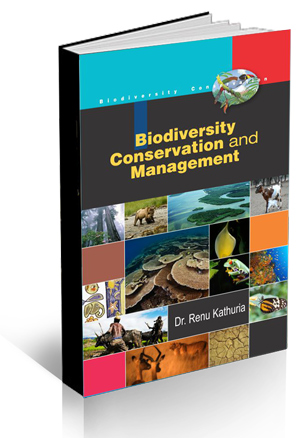Biodiversity is the vast array of species of plants, animals and micro-organisms created by nature is the foundation of life support system on the earth. They provide basic necessities of social, cultural, economic and biological needs which are possible through the biodiversity and basic human requirements like fuel wood, fodder, timber, medicines, minor forest produce are possible to meet but the activities of human interface have degraded the environment and the ecology of the region though this is most vulnerable part of the state from natural resource point of view. The biodiversity conservation status is generally poor for various reasons. There is vast area unfit for cultivation owing to stony, rocky and gravelly strata. Wild plants are grown automatically but rarely develop as full trees for being eaten by grazing livestock. Even the people cut plants from root for meeting their fuel requirements. Due to loss of vegetative cover, the drought has become recurrent feature where most of trees and plants are destroyed for meeting the fuel and fodder requirements. Usually trees and plants grown at inaccessible tracts survive. Loss of vegetation has degraded the sloppy regions of hills and mountains as the soil section required for germination and growth of plant is waved with water and wind. This book will be found usefull by policymakers, planners, administrators, teachers and technical managers incharge of various projects.
Free Support 24/7
+91 98290 40170






